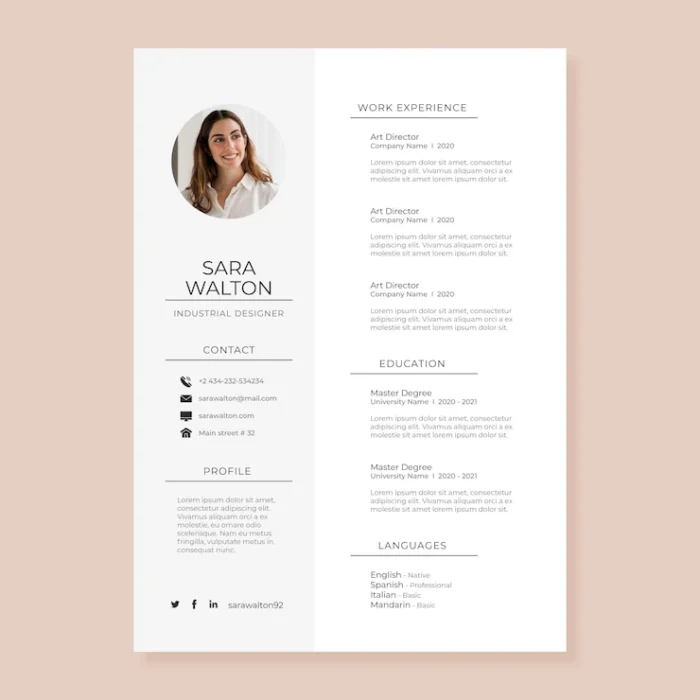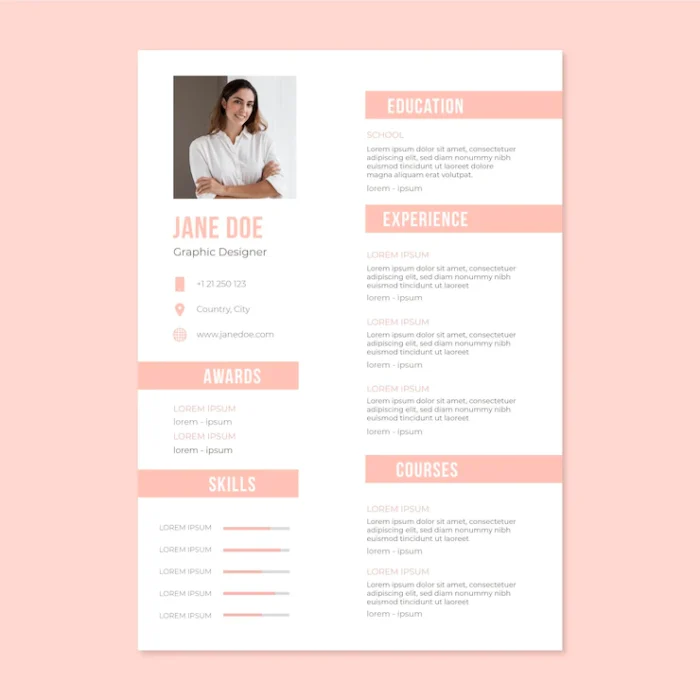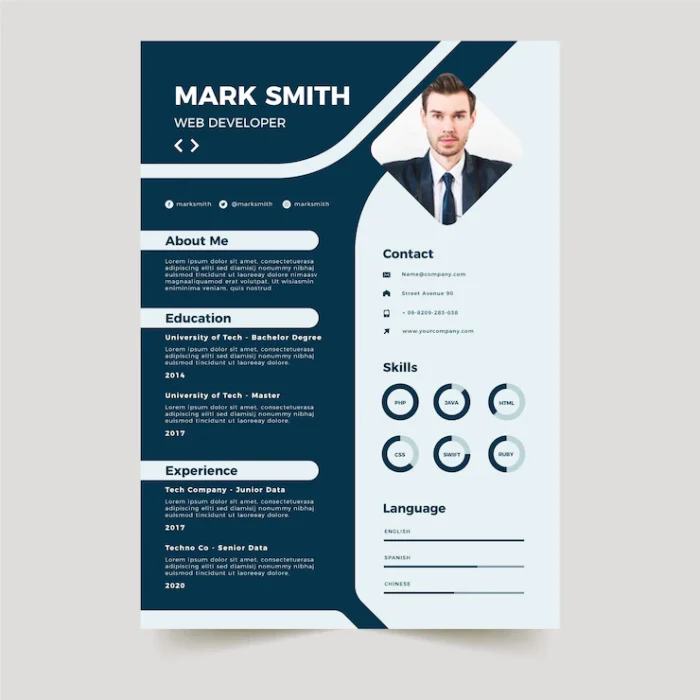
When it comes to creating a resume, many job seekers have one question which is whether or not they should include their entire career history.
While it may seem like a good idea to include as much information as possible, you should consider a few things before including every single job you’ve ever had.
When it comes to how far back should a resume go, it depends on various factors.
Sometimes it can be a good option to provide more details about your past experience, while there are cases where it won’t be so important.
Here are the most important things to know about crafting a good summary of your career.
1. Relevance to the Current Position

The first and most important thing to consider when deciding whether or not to include a certain experience is its relevance to the position you are applying for.
For example, if the job you are applying for is in a completely different field than the one you previously held, it may not be necessary to include it.
Instead, focus on highlighting the experiences and skills most relevant to the current one.
For example, if you are applying for a marketing position and have previously worked as a bartender, it is not necessarily relevant to include the bartending job.
Instead, you should focus on any marketing-related internships or coursework you have completed and any relevant skills you gained from bartending, such as customer service or event planning.
On the other hand, if you have a long career history in a related field, it may be beneficial to include all of your relevant jobs on your resume. That can show your level of experience and show your career progress.
2. Length
Another factor to consider is the length of your resume. It is best to keep it one or two pages.
However, if you have a long career history and are struggling to keep it to this length, consider leaving out some of the less relevant ones.
It’s important to use your space wisely and make every word count. Don’t include unnecessary details or job duties irrelevant to the current position.
Instead, focus on highlighting your achievements and the skills and experiences that make you the best candidate for the job.
Still, if you want to add all of your past positions, you can use the approach where you will provide more details about those positions that are relevant to the one you are currently applying for, while only showing basic details of those that are not so important. It can be a good way of explaining gaps that would appear if you avoid certain jobs.
3. Age of the Experience

The age of your experience is also something to consider when deciding which jobs to include on your resume.
While it is important to show that you have a long and varied career, it is not always necessary to include every single one you have ever had. If you have a job over 15 years old and irrelevant to your current position, consider leaving it off your resume.
Employers are generally more interested in your recent experiences, as they are more likely to be relevant to your current position.
However, it may be worth including if you have an older job that is particularly relevant to the current position or demonstrates a key skill or achievement. Also, we already mentioned the gaps.
You can expect a question about that in the interview, and adding it in the resume will make it easier for the company to understand your working experience.
4. Explain the Gaps
If you have any gaps in your employment history, it is important to address these on your resume.
However, you don’t necessarily need to include every job you’ve ever had to do this.
Instead, focus on highlighting the skills and experiences you gained during the gap in employment, such as volunteering or taking additional training.
Some employers view gaps in employment as a red flag, so it’s important to be transparent about any breaks in your work history.
However, don’t let the fear of gaps in your resume prevent you from leaving out irrelevant or outdated jobs. Instead, focus on highlighting your most recent and relevant experiences.
While some people are afraid that experience in other fields rather than the one they are applying for could affect their chances of getting a job.
However, you don’t need to worry if you are fulfilling the requirements in experience related to the current position.
5. Present Your Progression

Finally, it would be best if you also considered your career progression when deciding which jobs to include on your resume.
If you have held a series of jobs at the same level, it may not be necessary to include them all. Instead, focus on highlighting the jobs that show progression and growth in your career.
Employers are often looking for candidates who are ambitious and looking to advance their careers. Including jobs demonstrating career progression shows that you are motivated and willing to take on new challenges.
For example, if you have held a series of marketing assistant roles, it may not be necessary to include them all on your resume.
Instead, you could focus on your most recent marketing assistant role and highlight any key achievements or responsibilities that set you apart from other candidates.
The Bottom Line
Including your entire career on your resume is not always necessary. Instead, focus on highlighting the experiences and skills most relevant to the current job, and consider the length, age, and progression of your career when deciding which jobs to include.
However, you will have to provide more information about past roles even if they are not so relevant, especially if there are long gaps in your resume.
In that matter, the best model is the one where you will focus on relevant positions, and provide more details about them, while also adding basic details about other experiences.











